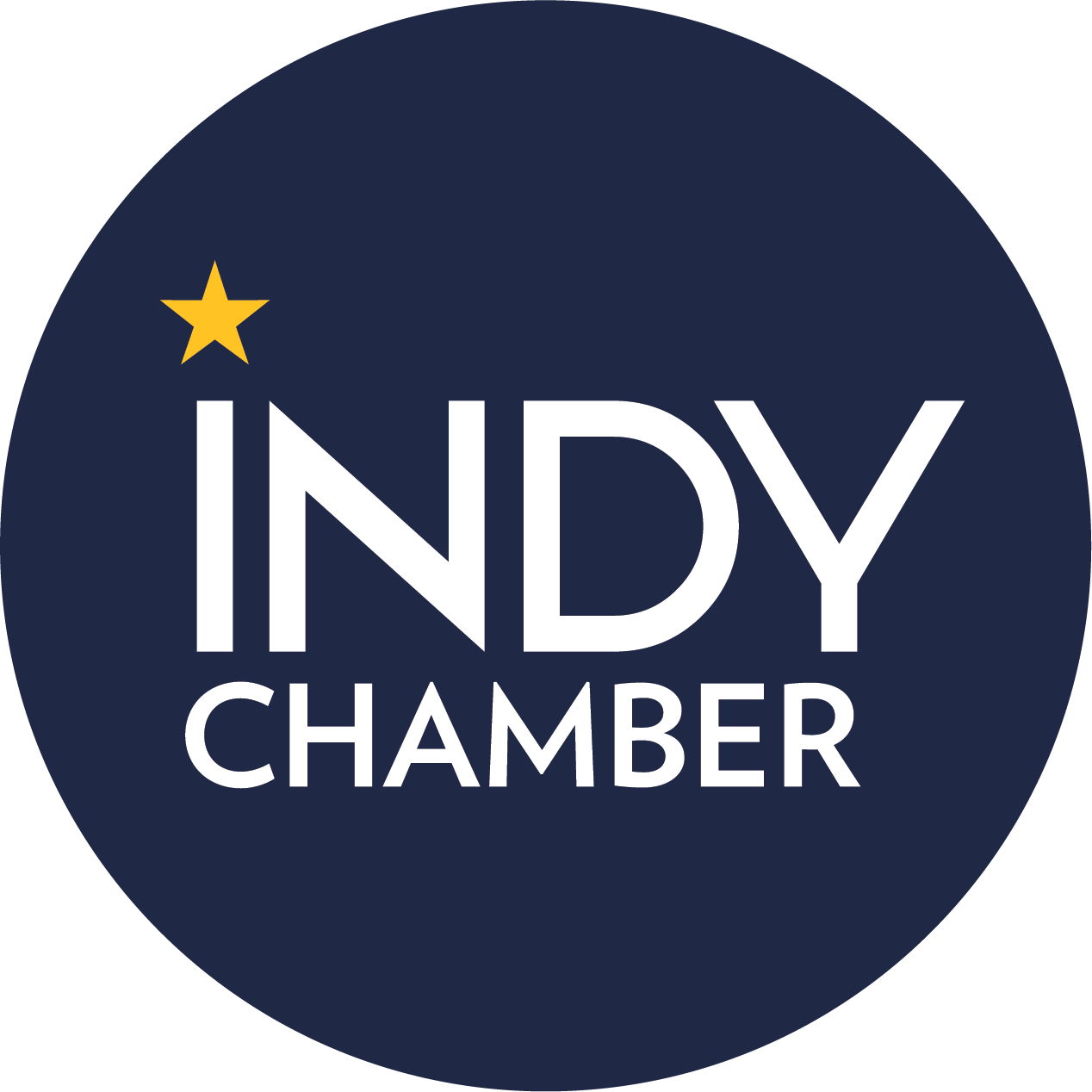ISBDC Offers Key Ingredients for Successful Food Start-ups

Indy Chamber News Archives
Since 1985, the Indiana Small Business Development Center has worked with and advised thousands of aspiring entrepreneurs, as well as owners of established businesses. ISBDC provides no-cost, confidential counseling for all types of business, but food and food-related business concepts have always represented a significant share of the organization’s client base.
In some years, food-related ideas of all types (restaurants, caterers, bakeries, food processors, beverages, etc.) comprise as much as 15 to 20 percent of the start-up clients served by the Central ISBDC office, according to Doug Boehme, Regional Director. The Central ISBDC serves Marion County, and the seven “donut” counties from its base in the Indy Chamber offices on the 19th floor of the Chase Tower.
Food-related start-ups are in some respects more challenging to work with than other types of businesses (often fiercely competitive markets, more government regulation, more difficult than the average start-up to find start-up capital, etc.). But food start-ups are often more exciting and may offer more profit potential than others.
“Despite some notable differences between food-related and other types of ventures,” says Boehme, “the ISBDC works with foodies in pretty much the same ways we would work with any entrepreneur who is serious about starting a business.”
When an entrepreneur applies to become as ISBDC client, he/she is assigned to one of the organization’s four business advisors. Working one-on-one, the advisor will help the entrepreneur understand the market(s) for their food business/product, and determine the preliminary feasibility of the entrepreneur’s concept. From there, the ISBDC advisor will assist and advise the client as he develops a business plan, which gets into the array of details such as start-up costs, location options, sources of supply, government rules and requirements, and many others.
At the core of the business plan is the financial plan or forecast. This is where all of the details and decisions laid out in the rest of the plan come together and are translated into dollars and cents. This would include direct costs of ingredients and packaging, as well as overhead expenses such as rent, utilities, liability insurance, advertising, and many others. For many entrepreneurs, the financial plan is the most challenging component of the business plan. With some hard work, though, and some help from the ISBDC, most entrepreneurs find the financial plan do-able.
Joe Wisner, founder of Broma Chocolate in Indianapolis, spent much of 2015 working on his business plan and getting his chocolate company ready to open its doors in 2016. Early in the start-up process, Joe turned to the Central ISBDC for help with his plan and assembling a realistic financial strategy.
“The ISBDC advisors were always very prompt, courteous, and understanding in answering any question I had,” says Joe. “And they were able to provide me with not just their knowledge, but their experiences in the business world.”
ISBDC business advisors have a variety of tools and resources that may be beneficial tofood start-ups. The following is a sampling, almost all of which are available at no cost to the client:
- IBIS World research reports – quarterly reports on current trends and long-range outlook for more than 700 different industries, including many food-related businesses.
- Business Reference Guide – benchmark data, information on industry trends, and market conditions for over 500 business types
- ESRI reports and maps – detailed demographic and consumer spending information, essential for market analysis.
- Reference USA – business database useful for generating lists of prospective customers, suppliers and/or competitors.
- Navigator On-line Business Plan and Marketing Plan software
- Procurement Technical Assistance Center – if you want help selling your food products to the government.
- Export consulting – technical assistance in selling you food products in foreign markets
For more about how the ISBDC works with food entrepreneurs, go to http://isbdc.org and look under Success Stories for My Sugar Pie, Gettinger Family Custom Meats, and other food businesses.
Kevin W. Jones is a business advisor with the Central Indiana Small Business Development Center. He can be reached at 317-777-2415 or [email protected]
Member Stories

Taft Welcomes Brown to Real Estate Group

Join Our Newsletter
Quick Connect Links


